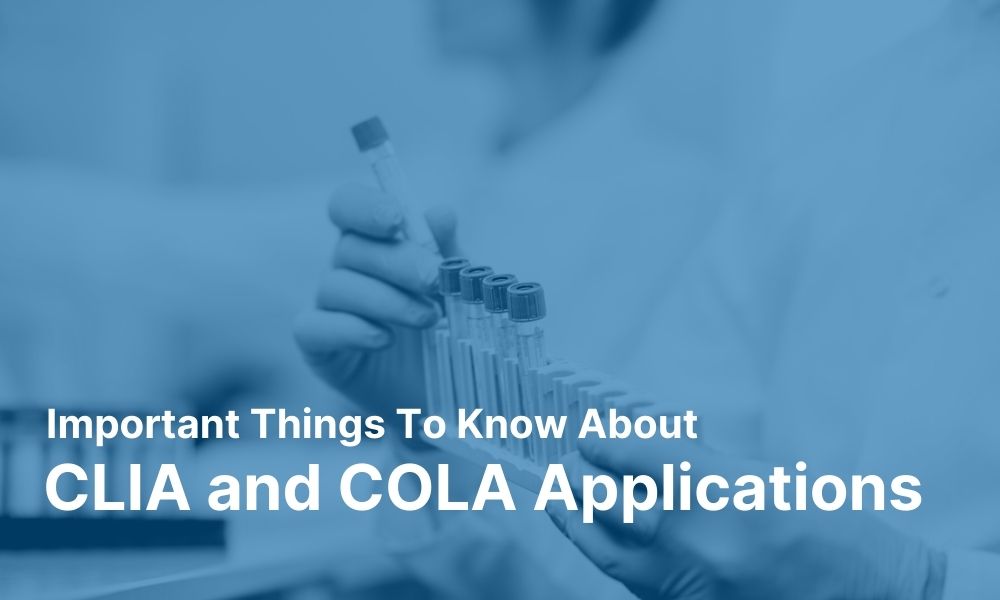When you’re starting a laboratory business, it’s important to make sure you’re doing everything by the book. That means understanding and following all the regulations set by governing bodies. CLIA and COLA applications are two of the most important processes you’ll need to go through to ensure your business is compliant. Here are some important things to know about CLIA and COLA applications.
CLIA and COLA Defined
CLIA stands for Clinical Laboratory Improvement Amendments, and this is the governing body that sets regulations for all clinical laboratories in the United States. This covers all aspects of laboratory testing, from specimen collection to data reporting. Meanwhile, the Commission on Office Laboratory Accreditation (COLA) is a third-party accreditation organization that ensures labs comply with federal regulations, including those set by CLIA.
Getting COLA accreditation is voluntary, but if you do get it, you can display the COLA seal on your website or business materials to show clients and patients that your lab has gone through the process and that it’s compliant with all regulations.
CLIA was initially implemented to protect patients, but it’s also vital for laboratory owners. When you’re in the business, you want to make sure there are no red flags that could lead to your lab being shut down. CLIA and COLA applications ensure you’re following all the rules, which can prevent any costly or detrimental issues down the road.
These accreditations don’t just show clients and patients that your laboratory is compliant with regulations—they’re also signs of credibility within the industry. It shows other medical professionals and labs that you have met CLIA and COLA standards and that your laboratory is trustworthy.
The CLIA and COLA Application Processes
The CLIA and COLA application processes can be pretty complex, and it’s important to make sure you’re familiar with all the requirements. Generally, you’ll need to provide information about your laboratory and its management, quality assurance procedures, and staff.
This is a general overview of the information you’ll need to provide:
- Information about the laboratory’s administration, location, and equipment
- A copy of your business license or certificate of incorporation
- Proof of compliance with state and federal regulations
- Documents demonstrating your laboratory’s quality assurance program
- Detailed testing procedures
- A list of all tests being performed at the lab, including test names, methods, and reference ranges
- Application fees
With so many important things to know about CLIA and COLA applications, it’s easy to feel frustrated. To ease this burden, working with laboratory startup consultants such as Lighthouse Lab Services can make a big difference. With more than 18 years of experience in the field, we can help you every step of the way with your CLIA and COLA applications. From submission to approval, our team of professional consultants can make the process as smooth and stress free as possible.
Lighthouse Lab Services has helped numerous laboratories across the country set up successful operations, from starting new lab facilities to expanding existing ones. As the country’s most trusted full-service laboratory consulting firm, our dedicated team of experts will take the guesswork out of setting up or expanding your facility so that you can focus on what you do best: running a successful lab business.
